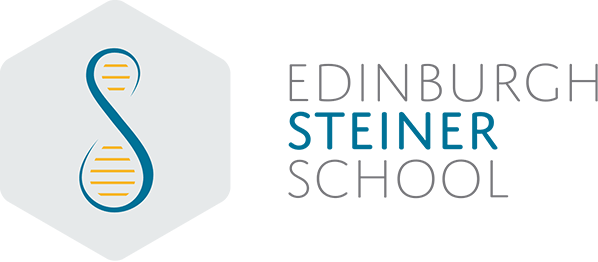Lower School
In most instances the same teacher will remain with their pupils from the start of formal education in Class 1 to the age of 14 years (Class 8). In our rapidly changing world, this provides a haven for continuity and stability and allows the teacher to develop a thorough understanding of the needs of each child.
It is the Class Teacher’s responsibility to bring each Main Lesson to the pupils in a vivid, pictorial way so that their imaginations are touched and their enthusiasm is fired. School trips expand and reinforce themes taught in Main Lessons. Each class also enjoys the experience of a wide range of specialist subject teachers on a daily basis.
The Lower School curriculum is carefully planned to meet the developmental needs of the pupils. During this period, learning is structured in a way that enables the pupils to develop emotionally and physically, while laying down the foundations for the development of intellectual and abstract thought during the Upper School years.
Making the Transition to Upper School
Class 8 acts as a year of transition. Throughout this defining year, our pupils work on a major project of their own choosing. Examples have ranged from a full scale handcrafted harp and a beautifully stitched replica dress from 1900, to a refitted camper van and an animated cartoon.
Throughout Lower School, Modern Languages form a key part of the curriculum. This culminates in the Class 8 Exchange when up to six weeks are spent visiting a Steiner school in a German or French speaking country. They adopt the timetable of their host class and enjoy many subject lessons in the foreign language.
Learning Support
The school offers a small team of qualified and experienced teachers who provide both individual and group support. Children with a wide range of abilities may need extra help during their school career. Support is carefully devised to suit the needs of each individual and is agreed with the Class Teacher, Guardian and parents. On occassion, the advice of the school doctor may be sought. Where appropriate, support may include therapeutic movement exercise or artistic work as well as subject coaching.
Find out more about:
Curriculum for Lower School-revised.2024
"Our pupils learn in a way that is natural so that it remains fun and enjoyable!"
- Bruce Houldsworth,Lower School Teacher





